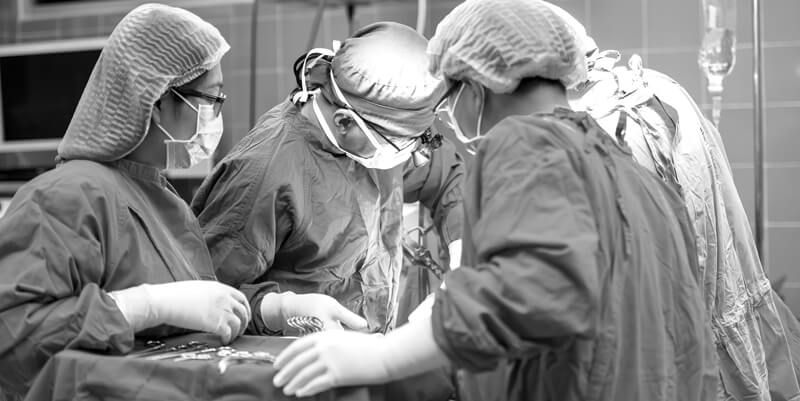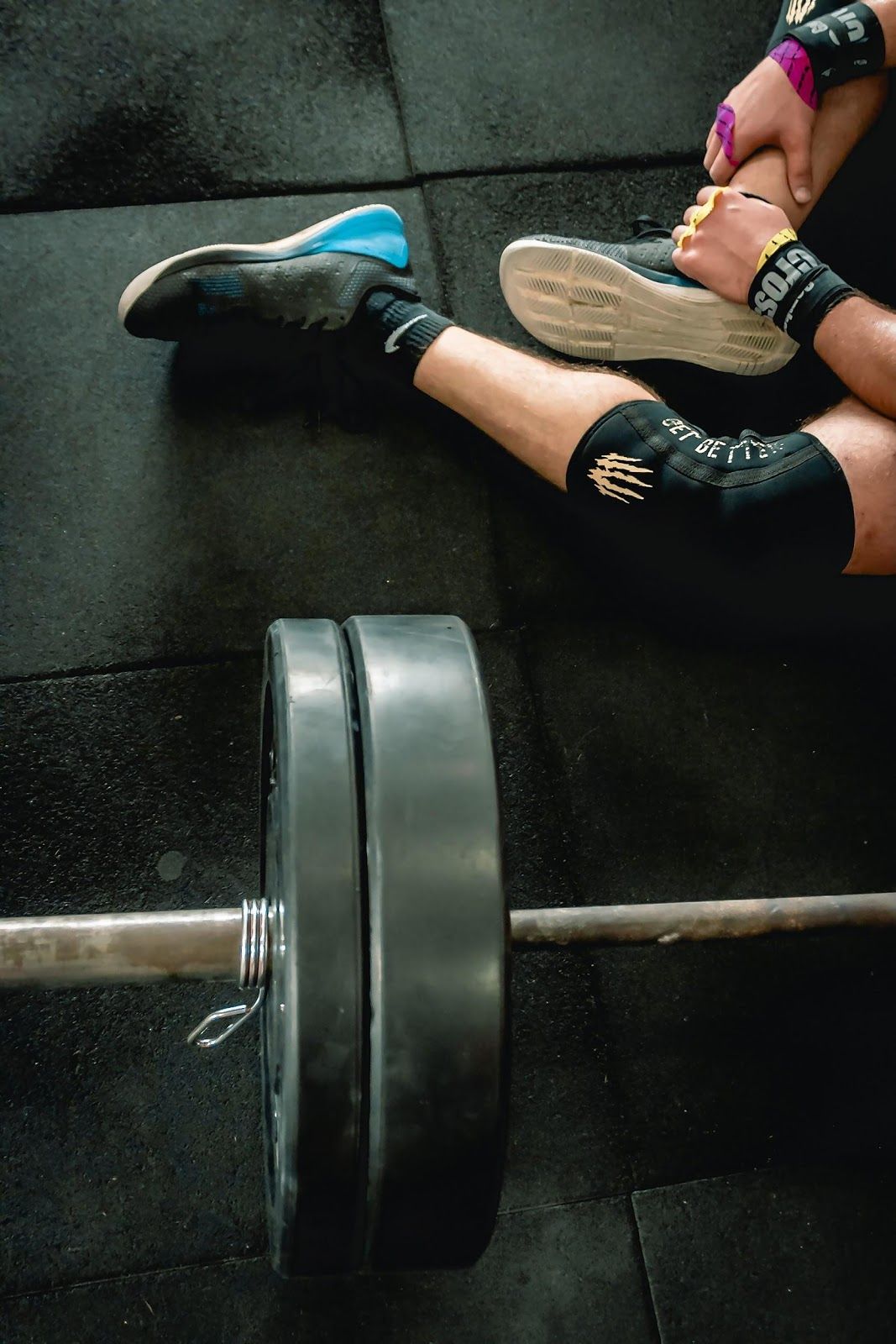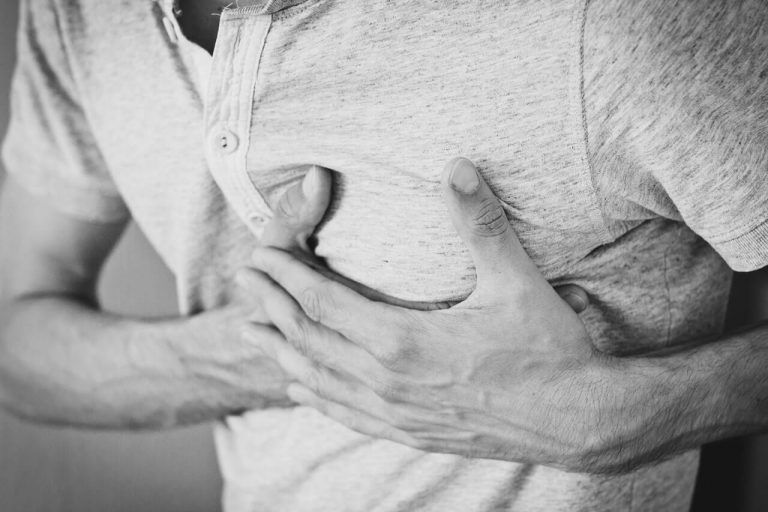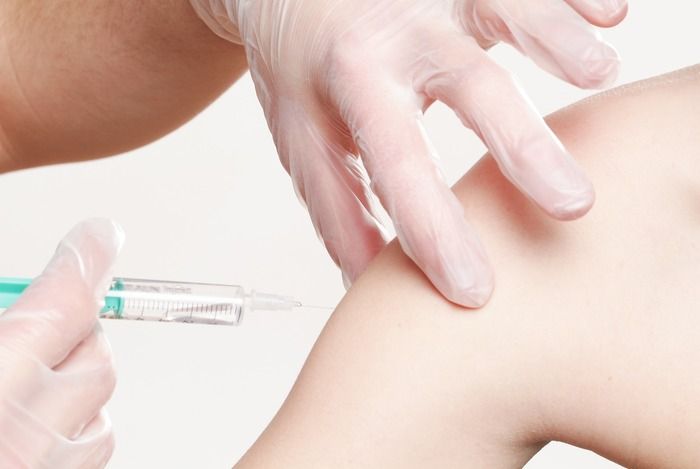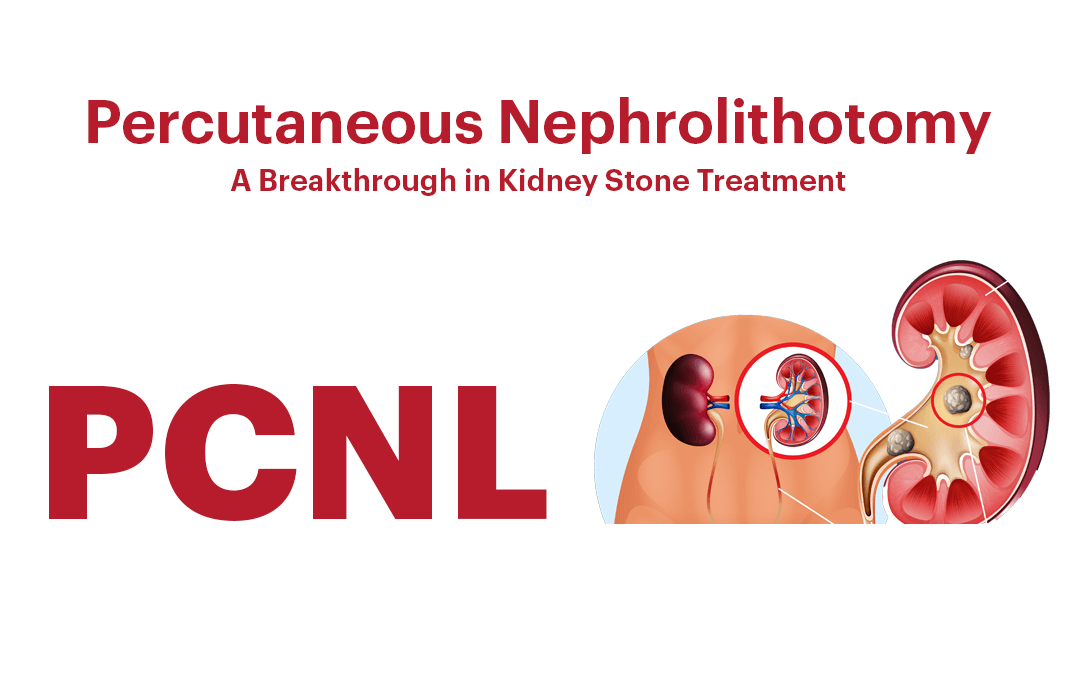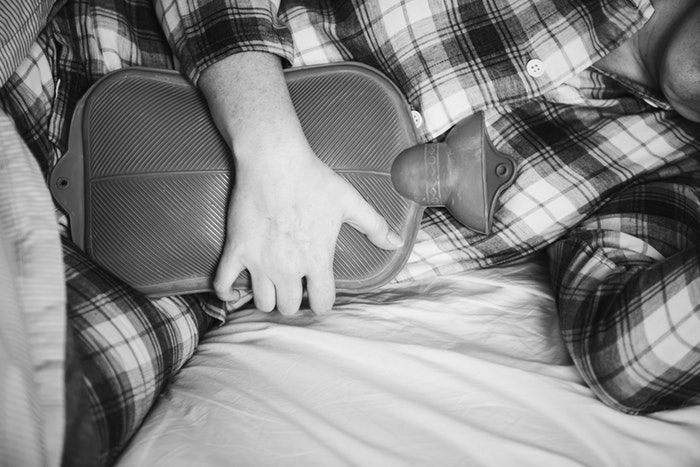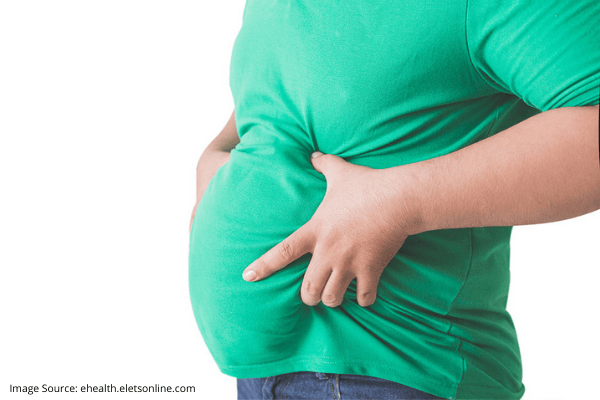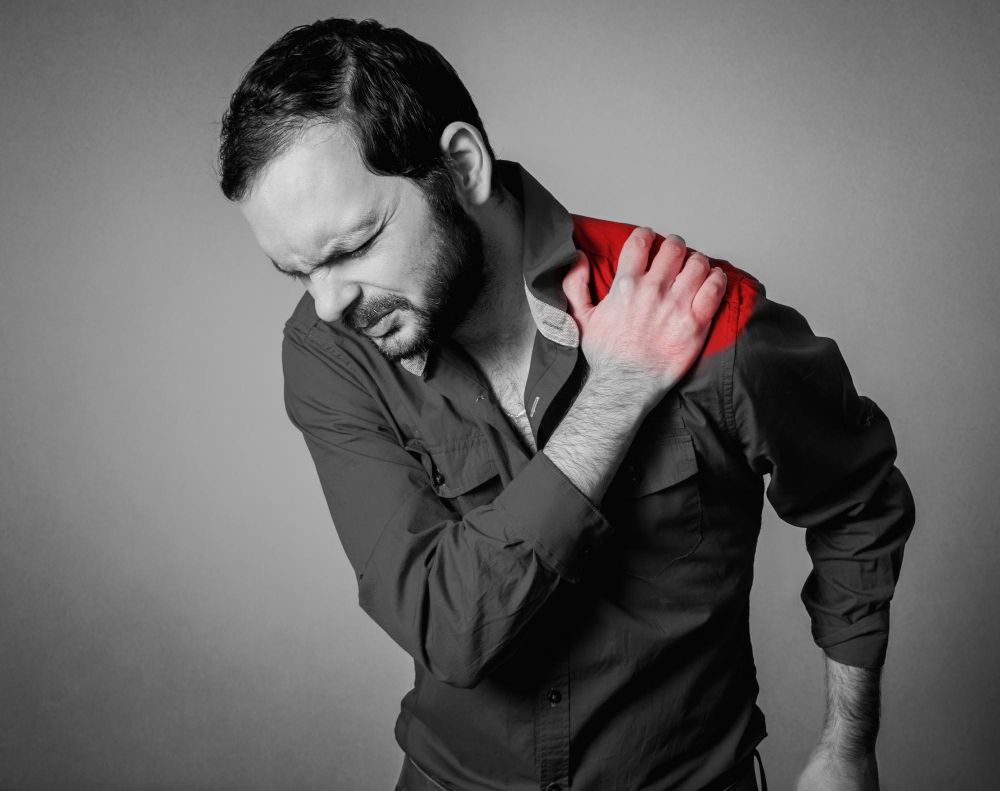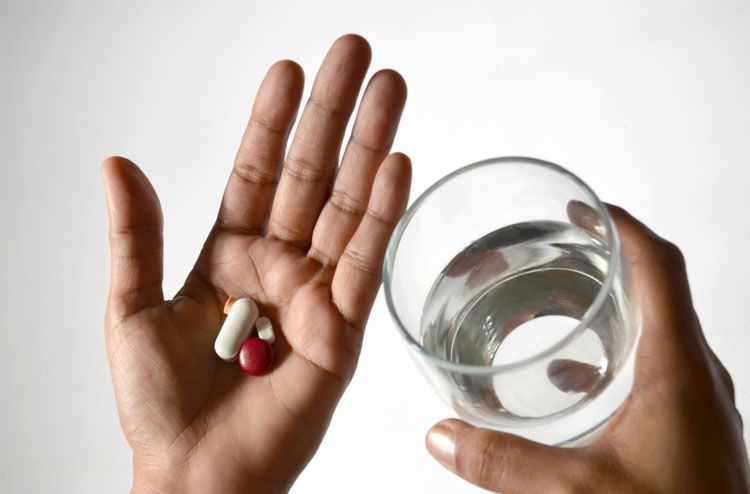Things to Know Before Hip Replacement Surgery
Knowing that you have to go through hip replacement surgery can be quite worrying as it’s a major event that will need quite a bit of time for recovery as well as a need for changes in your lifestyle.
Hip replacement surgery, also known as arthroplasty involves replacement of the diseased parts of the hip with titanium and plastic or ceramic prosthesis, thereby reducing pain and improving mobility and quality of life. This type of surgery is done as a last resort when other methods such as NSAID medications, walking aids and specific exercises to strengthen up the surrounding muscles do not work out.
Hip replacement surgery is being performed since the 1970’s and is relatively safe, with the life expectancy of the prosthesis being about 20 years in about 85% of the cases. The apprehension of patients about to undergo hip replacement is justified as it is with the help of these crucial joints that we are able to move around. The best thing is to clear all your doubts with your surgeon as well as do some background research to put your mind at rest and help you prepare both mentally as well as physically for this major hurdle.
A typical hip replacement surgery lasts for 1-2 hours for implanting four artificial parts to complete an artificial joint – the socket, liner, stem and ball. A single 6-8 inches long incision is made along one side of the hip through which the hip bone is exposed and the damaged bony tissue and cartilage are removed and replaced with artificial prosthetic parts. The ball at the end of the thigh bone is sawed off and replaced with an artificial ball. Currently, minimum invasive surgical methods are also available where the incisions are smaller and recovery time speeded up. This form of surgery is usually used on healthier patients below the age of 50 years.
The artificial parts used are of either the cemented or uncemented variety; the former is preferred for older, less active people while the latter is used for younger, healthier people. The cemented parts are ‘glued’ to the existing healthy bone while the uncemented parts are allowed to fuse with the existing bone through a process known as biologic fixation where the bone is allowed to grow into the porous artificial part and hold it in place naturally.
Once the artificial joint is in place, the surgeon reattaches the muscles and leaves a catheter behind to drain off excess fluids. You might have to stay in hospital for a few days and work with a physiotherapist to rehabilitate your hip. Your doctor will tell you the ‘dos’ and ‘don’ts’ about body movements and activities. Complete rehabilitation may take between 3-6 months; meantime follow your physiotherapist’s instructions for a safer recovery.
Reduce step climbing after surgery and get rid of indoor pets, rugs and extra clutter around the rooms to prevent falls….as a second surgery would be even more complicated!
Ten Effective Remedies That You Can Refer to When You Are Suffering from Muscle Cramps
Finally starting off with the gym life can get too overwhelming until you hit those muscle cramps along with the weights.
ICSI(Intra Cytoplasmic Sperm Injection)
Normally during every mid-menstrual period, one of the 2 ovaries releases an ovum. Each ovum is covered by a membrane called follicle,
Pregnancy and Delivery Care
Nothing could possibly compare to the joy of becoming a parent. After nine long months of waiting, the moment you have been waiting for is almost there:
Some Common Causes of Chest Pain
The first thing that jumps into the mind whenever you have some sort of chest pain is heart attack! It’s only human to feel that way
Organic Food Vs GMO Food: What Should You Pick?
There is no doubt that the quality of food we consume is crucial for our good health. And with more people becoming health conscious the d
Importance of Breastfeeding and Vaccinations for Newborns
Going nature’s way is best when it comes to providing nourishment for the apple of your eye – your baby. Breast milk is best for your baby as it
Percutaneous Nephrolithotomy (PCNL): A Breakthrough in Kidney Stone Treatment
Kidney stones, those small, hard mineral deposits that form in the kidneys, can cause excruciating pain and discomfort.
Skin Tags - Benign Tumor or Cancerous Tumor?
Skin tag if observed is a narrow stalk that hangs about your skin, bulging at the end. They are usually freshly colored and can grow anywhere on your body.
3 Ways Vitamin C is Helpful for the Immune System
The water-soluble vitamin, Vitamin C is also known as ascorbic acid. It is helpful in building up the blood vessels, skins, and making bones stronger
4 Signs of Mental Illness
As life has gotten fast and hectic, different health issues have got introduced lately. Not just physical issues,
4 Ways Night-Shifts Can Be Dangerous For Your Menstruation And Ovulation
A good night's sleep is of value for pregnant women. But with strenuous work-hours and shift work, sleep can quite a luxury for all.
Causes Of Infertility in Women
More and more women are putting off pregnancy till well into their 30’s or early 40’s for career reasons; infertility is fast becoming a major heartbreaking issue for such couples.
Do Not Indulge in These 9 Common Dieting Mistakes
Dieting is not just about eating less or starving yourself to meet unrealistic goals. Healthy dieting involves making informed food choices.
Laryngeal Reiinervation Procedure at KIMS Hospital
Mr. K.P 56-year-old business executive from Bangalore underwent a thyroid surgery two years back.
Learn How Stress Affects Your Heart Health
Stress is a frequent side effect of the modern 21st Century lifestyle. We’re always running around to meet deadlines, pay bills we tend to
Lose Weight: The Healthy Way
Almost everyone we know is worried about the way they look. There are several concerns people have, like their complexion
Myths About Bariatric Surgery
Bariatric surgery – be it the gastric bypass and other weight-loss surgeries – involve making changes to your digestive system to help you lose weight.
Non-alcoholic Fatty Liver Disease: Should You be Worried?
A recent study has found that 1 in 5 people in India suffers from liver disorders. Before you blame it on the increased alcohol consumption
Obesity and its Relation to Type 2 Diabetes
Diabetes is a condition that arises when the body doesn’t produce enough insulin,, hence there is excess glucose in the blood
Rotator Cuff Tear
A rotator cuff tear is a rotator cuff injury that can cause shoulder pain and loss of arm function. The rotator cuff is a set of muscles and tendons in your shoulder.
What Happens to Your Body When You Fast?
Fasting has been practised by humans for thousands of years as a way of rejuvenating the mind, body and soul and as a common ritual of many religions from all over the world
Why You Shouldn’t Consume Medicines with Cold Water
There has been a long-raging debate on the temperature of water needed for consuming medications. You won’t find much as in research papers
10 Tasty Delicious Diabetic-Friendly Recipes
Worry about it no more, as a healthy diabetic diet does not have to be bland. Instead, you can enjoy a myriad of flavorful, low-calorie
4 Not So Common Health Problems in Teenagers
The current generation of teenagers have far more access to technology and gadgets than their parents did.
4 Secrets to Adjusting Your Toddler's Sleep Cycle
Most of the parents, some time or the other, may have faced the trouble of making their toddlers sleep at night.
Related Blogs
Ten Effective Remedies That You Can Refer to When You Are Suffering from Muscle Cramps
Finally starting off with the gym life can get too overwhelming until you hit those muscle cramps along with the weights.
ICSI(Intra Cytoplasmic Sperm Injection)
Normally during every mid-menstrual period, one of the 2 ovaries releases an ovum. Each ovum is covered by a membrane called follicle,


